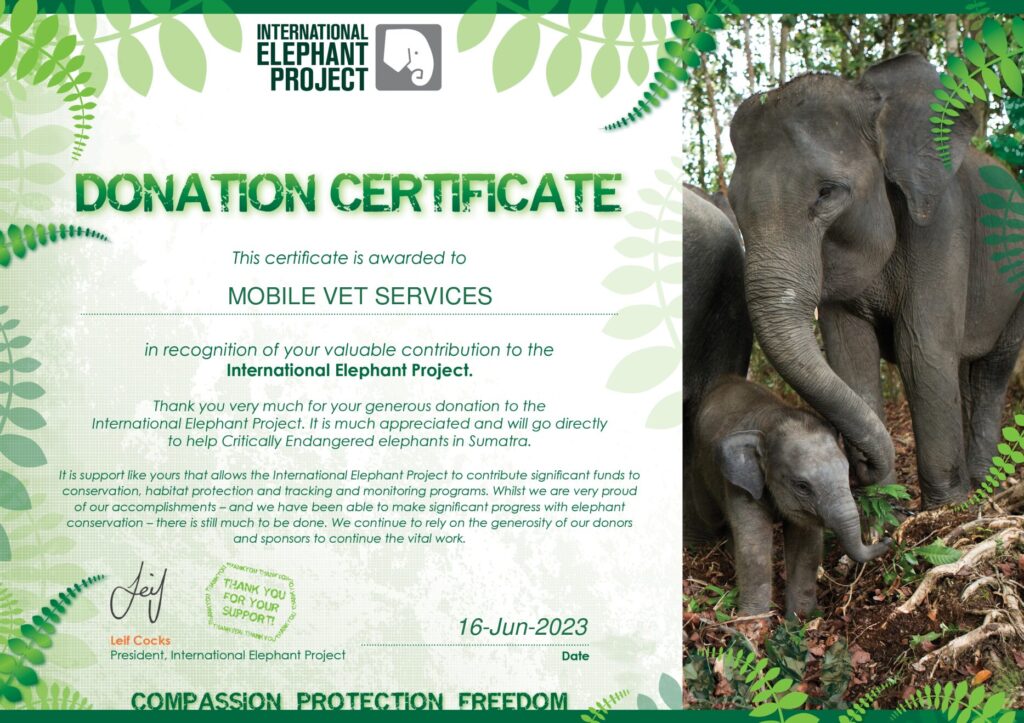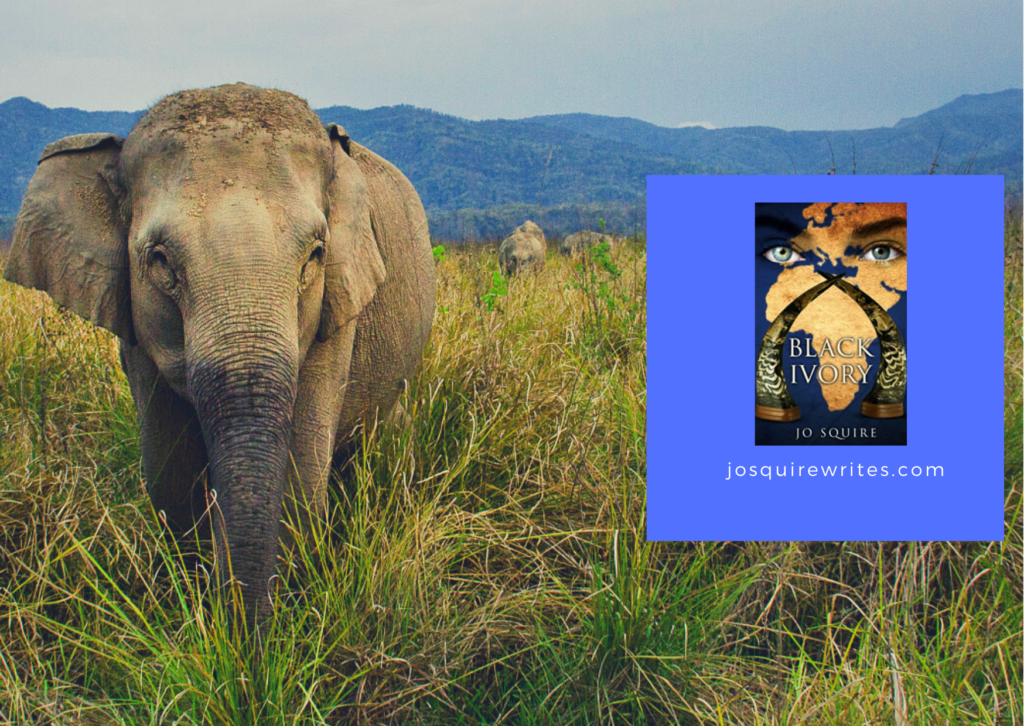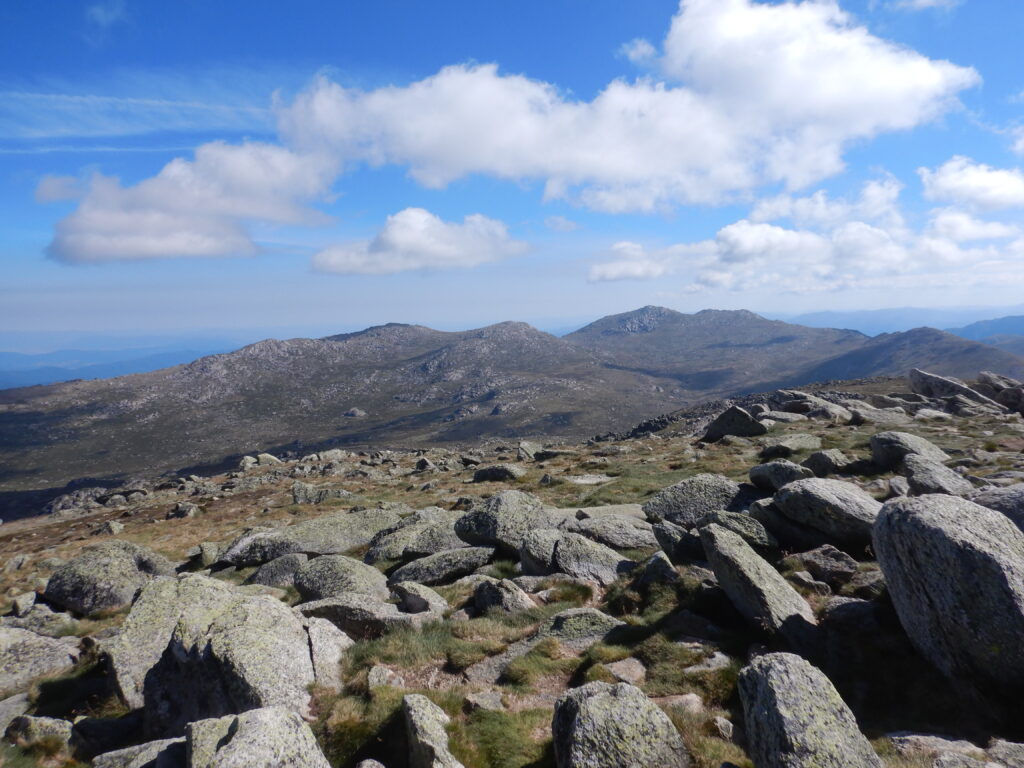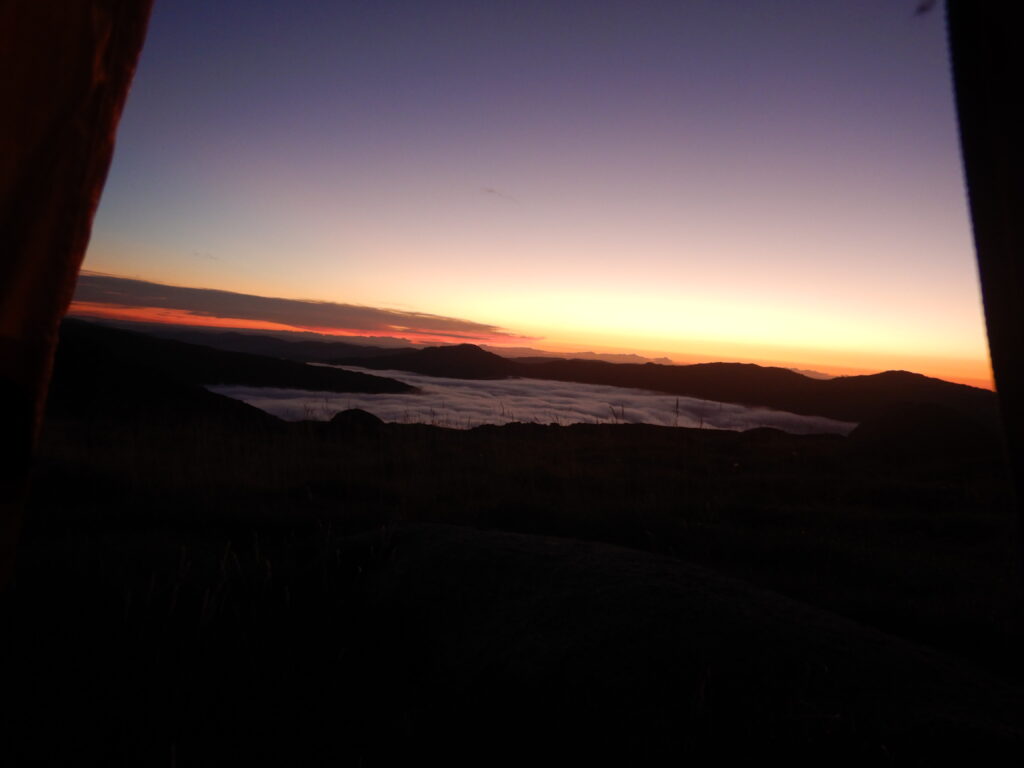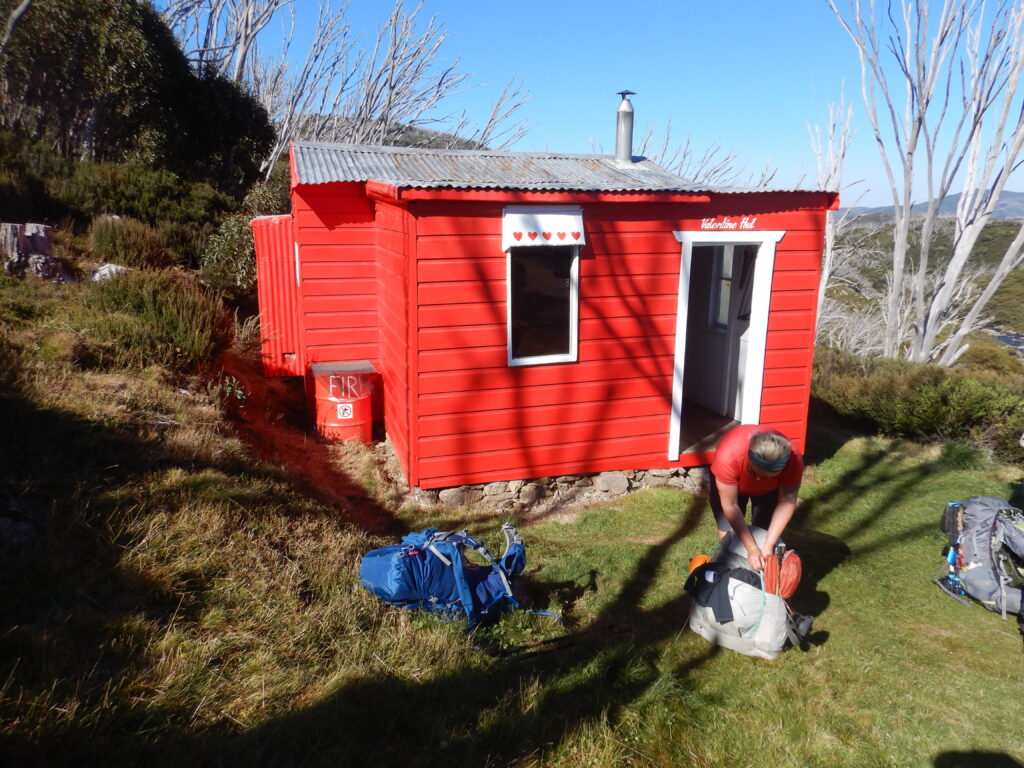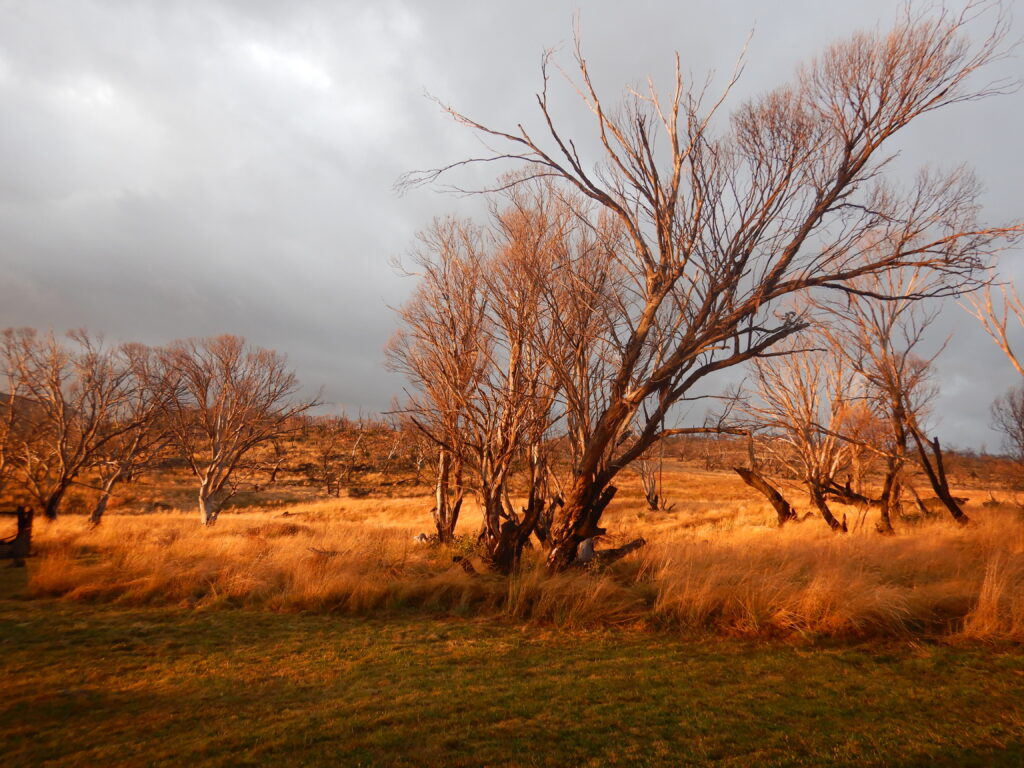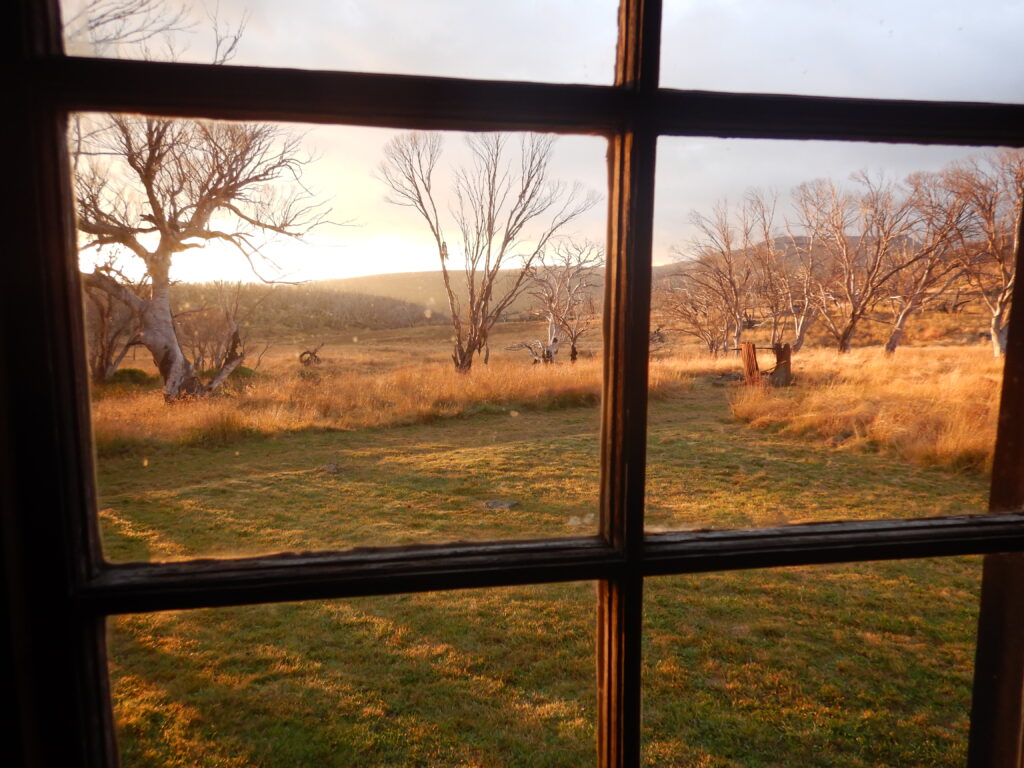A ripple of fear runs through the wildebeests as they become aware of the predator—a man hidden on the edge of the dry plains. Moments later, the herd stampedes, the disturbance radiating out from the source of danger as the wildebeests flee. As hooves hammer against the hard ground, a wall of dust rises across the plain.
The poacher silently curses and ducks back undercover. He wants to hide from the animals but also because hunting is prohibited here. The brainless wildebeests must have spotted him. Furious with them, he listens to the noise from the herd as panic travels from the nearest wildebeest to the next, and the following, faster than a vehicle could travel this rough terrain.
The mother that set off the stampede pushes her gangly calf ahead of her and shields him with her body. Mother and calf move as one with their typical ungainly gallop. The man considers using them as target practice.
Incensed by the easily spooked mother that started the alarm, the poacher raises his gun to line her up and then her calf. As far as he’s concerned, the dumb animals can go to hell. He could shoot them without remorse but manages to restrain himself. His gunshot could give him away unnecessarily. He’s entered Masaranga illegally and does not want to be caught here with his firearms and a pile of ammunition. Besides, he considers the wildebeests valueless, of use neither as trophies nor food. The money from past poaching trips already stocks his fridge with food more appealing than a stringy wildebeest calf.
Frustrated, the poacher rubs the scar on his leg as he watches the panic and bides his time. The dimwitted animals have probably warned the elephant of his presence. He anticipates far greater rewards than meat, and his hunger is for more out of life than it has so far delivered. On his last trip, he scored two pairs of tusks and sold them to a slippery acquaintance, a man he despises, who probably sold them on for several times his price.
Often now, the poacher schemes to bypass the fat-cat middlemen, who profit from his hard work and the hazards he faces. But, as yet, he’s not connected enough to grease palms and transport the illegal merchandise, the black ivory, out of the country. This thought causes bitter resentment to rise like bile in his throat, and his jaw tightens. It’s he who risks his life out in this harsh terrain doing the dirty work. The hardest job of the whole black-market operation is to shoot the elephants. He’s the one who runs the gauntlet and is most likely to get caught and thrown in jail.
He’d prefer to be seated in a bar, drinking beer with a long-legged piece of ass at his side. Truth be told, he does get a strange enjoyment, a motivating kick from these angry rages. When adrenaline surges through his arteries, his focus becomes acute. He listens for the sounds of his gang members, who are supposed to be close behind.
Bull elephants with decent tusks have been hard to find recently. Other poaching gangs have probably beat them to it. The poacher knows the competition is severe, and that his gang has been forced to compromise and hunt poorer pickings. They were closing in on a half-grown elephant, whose small tusks would still make the kill worthwhile. Such a juvenile usually makes easier prey than a solitary bull.
| A |
The wildebeests have almost certainly alerted and spooked the elephant, a fact that infuriates and frustrates the poacher. Had he resisted the urge to step out of the scrub for a clear view, the worthless animals would still be grazing peacefully. Angered by this mistake, his resentment toward the evermore wary elephants escalates. His task of shooting them has become difficult. As the rest of the gang catch up, he ducks further back into the shade to hide his blunder. To keep their respect, he must conceal that he’s blown their cover.
The wildebeests settle, less skittish now with the threat out of sight. The dust raised by the stampede irritates their lungs, and they head toward a muddy stream for an evening drink. The calf trips, but recovers quickly and attempts to drink from his mother even while she continues to walk. Still watchful, she stops and allows him to nuzzle in. Tourists that pass by in vehicles are familiar, but a man on foot is strange and threatening. She cuts the drink short to keep up with the herd, anxious at being separated. Her udder is almost dry, and she’s thin from the drought. By now, the rains should have started, providing fresh grass across the savannah and plenty of milk for the young. Unless this happens soon, her calf won’t survive.
The poacher and his gang skirt the edges of the dusty plain, careful to stay hidden. A couple of daylight hours remain, possibly enough for them to pick up the trail of the half-grown elephant and dispatch it
